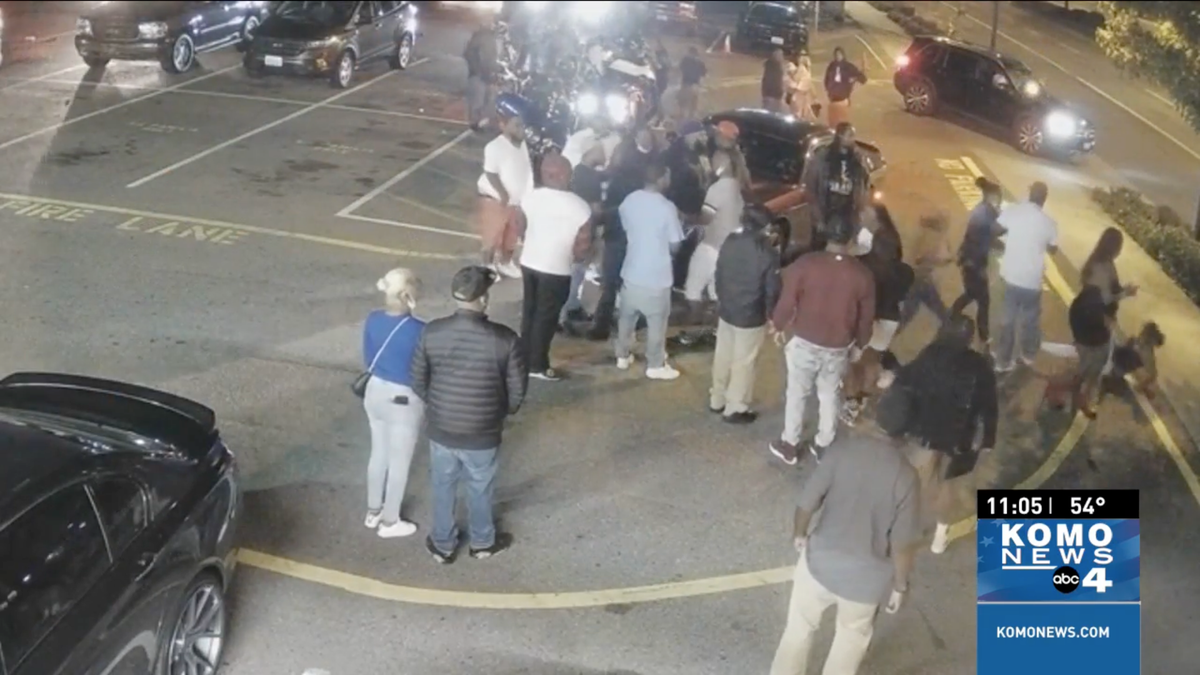- cross-posted to:
- techtakes@awful.systems
- cross-posted to:
- techtakes@awful.systems
A judge in Washington state has blocked video evidence that’s been “AI-enhanced” from being submitted in a triple murder trial. And that’s a good thing, given the fact that too many people seem to think applying an AI filter can give them access to secret visual data.



How long until we got upscalers of various sorts built into tech that shouldn’t have it? For bandwidth reduction, for storage compression, or cost savings. Can we trust what we capture with a digital camera, when companies replace a low quality image of the moon with a professionally taken picture, at capture time? Can sport replays be trusted when the ball is upscaled inside the judges’ screens? Cheap security cams with “enhanced night vision” might get somebody jailed.
I love the AI tech. But its future worries me.
Dehance! [Click click click.]
Just print the damn thing!
It will wild out for the foreseeable future until the masses stop falling for it in gimmicks then it will be reserved for the actual use cases where it’s beneficial once the bullshit ai stops making money.
Lol, you think the masses will stop falling for it in gimmicks? Just look at the state of the world.
AI-based video codecs are on the way. This isn’t necessarily a bad thing because it could be designed to be lossless or at least less lossy than modern codecs. But compression artifacts will likely be harder to identify as such. That’s a good thing for film and TV, but a bad thing for, say, security cameras.
The devil’s in the details and “AI” is way too broad a term. There are a lot of ways this could be implemented.
Not all of those are the same thing. AI upscaling for compression in online video may not be any worse than “dumb” compression in terms of loss of data or detail, but you don’t want to treat a simple upscale of an image as a photographic image for evidence in a trial. Sport replays and hawkeye technology doesn’t really rely on upscaling, we have ways to track things in an enclosed volume very accurately now that are demonstrably more precise than a human ref looking at them. Whether that’s better or worse for the game’s pace and excitement is a different question.
The thing is, ML tech isn’t a single thing. The tech itself can be used very rigorously. Pretty much every scientific study you get these days uses ML to compile or process images or data. That’s not a problem if done correctly. The issue is everybody is both assuming “generative AI” chatbots, upscalers and image processers are what ML is and people keep trying to apply those things directly in the dumbest possible way thinking it is basically magic.
I’m not particularly afraid of “AI tech”, but I sure am increasingly annoyed at the stupidity and greed of some of the people peddling it, criticising it and using it.